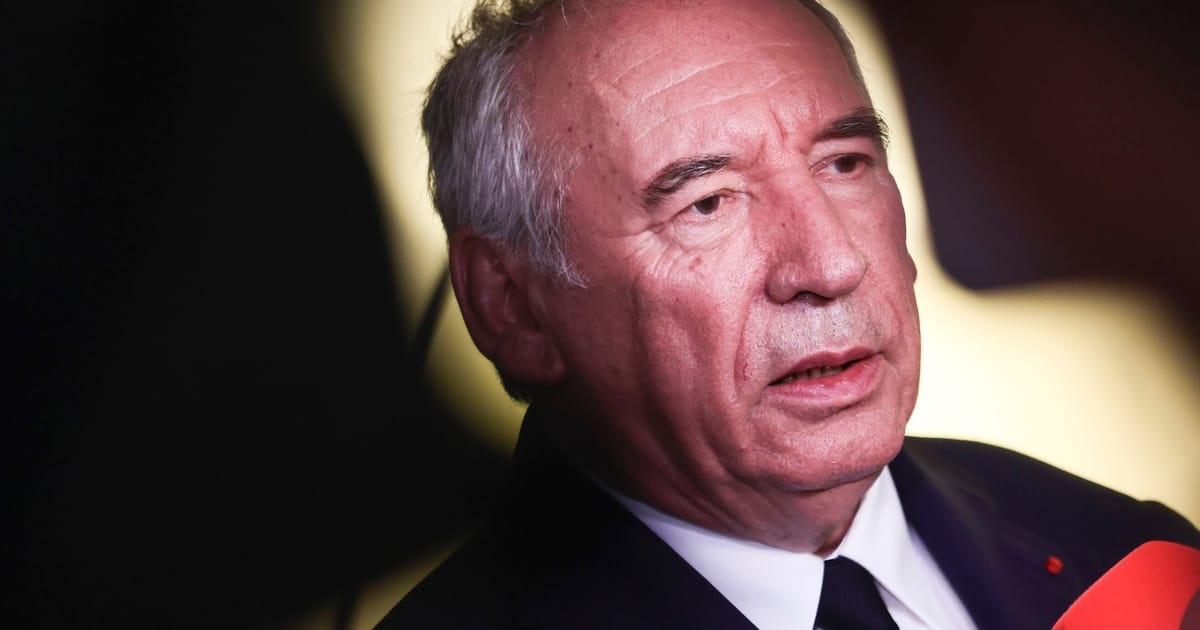

In a diverse array of political and economic developments across the globe, several nation-states are engaging in pivotal actions that will likely influence their internal dynamics and international relations. The following segments provide an overview of these significant events, illustrating the complexities and decisions shaping our world.
In France, Prime Minister François Bayrou has turned to YouTube in a strategic effort to publicize and gain approval for upcoming budget cuts. These measures, described as “draconian,” are aimed at addressing fiscal challenges. The digital platform serves as a modern avenue for direct communication with the public, permitting an open dialogue about the rationale and expected outcomes of these stringent financial decisions. By embracing this approach, the Prime Minister hopes to foster understanding and support among French citizens.
Meanwhile, in Eastern Europe, a noteworthy legal decision has emerged from Moldova, where pro-Russian politician Evghenia Gutul has been sentenced to seven years in prison. The charges relate to illegal party financing, amidst escalating concerns of foreign influence on the nation’s electoral process. This ruling reinforces Moldova’s stance against unauthorized foreign interference, particularly ahead of its impending elections, marking a firm stance in the region’s political landscape.
In a different sphere of international politics, former U.S. President Donald Trump has indicated that he will “probably not” seek a third term in office. Given constitutional restrictions, this statement aligns with legal stipulations, yet offers clarity on the political aspirations of the influential figure. This development adds an element of predictability amidst the often unpredictable nature of political careers.
Drawing attention to Brazil, the U.S. has expressed disapproval over a Brazilian Supreme Court decision placing former President Jair Bolsonaro under house arrest. Bolsonaro, accused of plotting a coup, allegedly breached conditions imposed during his trial proceedings. The U.S. State Department’s public endorsement of Bolsonaro highlights ongoing diplomatic engagements and the complex nature of international legal observations.
In South America, Argentine President Javier Milei has sparked discussions by vetoing bills aimed at increasing pensions and disability benefits. His justification focusses on fiscal prudence, aiming to preserve the government’s economic stability. Despite facing opposition from advocacy groups, these actions reflect the ongoing balancing act between social welfare and fiscal responsibility.
Returning to Europe, a wave of revisions in political resumes among Spanish politicians has occurred following admissions of inaccuracies in educational qualifications. This transparency movement, initially set off by a People’s Party member, serves as a catalyst for accountability in public service.
In the field of technology and governance, Swedish Prime Minister Ulf Kristersson has faced criticism for incorporating AI tools into his decision-making process. While some experts have voiced concerns, Kristersson’s approach exemplifies the integration of cutting-edge technology within governmental operations, sparking dialogue on artificial intelligence’s role in leadership.
In Asia, India’s energy strategies face a diplomatic challenge as Donald Trump calls for cessation of Russian oil imports. The Indian government, led by Prime Minister Narendra Modi, must navigate between economic advantages and international pressure, spotlighting India’s policy of non-alignment amidst shifting geopolitical landscapes.
Finally, amid preparations for heightened activity in English prisons due to anticipated protests, authorities are adjusting to manage potential strain on the penal system. This preemptive measure underscores the importance of maintaining public order and the complexity of managing civil demonstrations.
Throughout these global updates, a common thread emerges: nations are continuously adapting to both internal demands and external pressures. Each decision and policy mentioned herein contributes to the intricate tapestry of international relations and domestic governance, reflecting the ever-evolving nature of the global political arena.
Source: {link}
